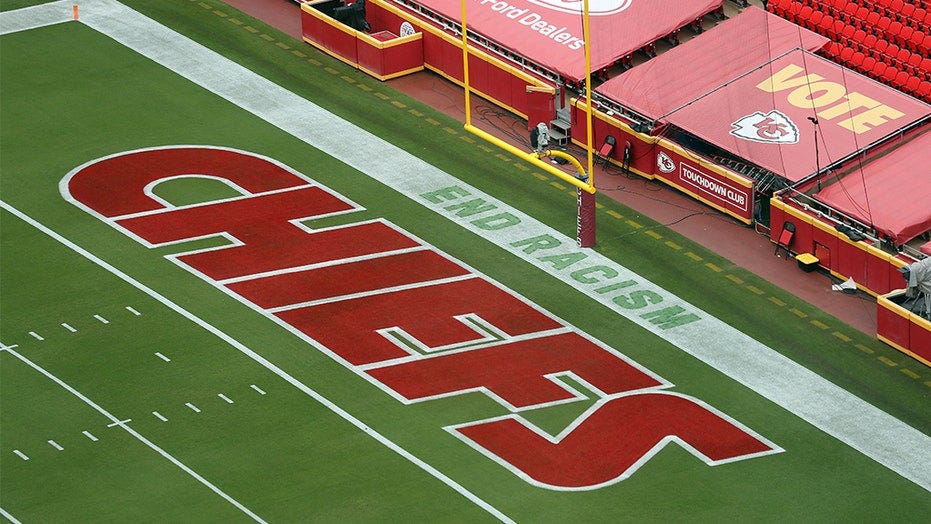Patrick Mahomes Can Reform American Policing
Believe it or not, pro athletes hold the keys to systemic change.
Following the April 2021 police shooting of Daunte Wright, a twenty-year-old black from Brooklyn Center, MN, players from three of Minnesota’s major sports teams refused to play their upcoming games. The Minnesota Wild (that’s an NHL team by the way) released a statement saying they were postponing their game “out of respect for the heartbreaking incident.”
Precedent for such a move comes from August 2020, when, after a Kenosha police officer shot Jacob Blake in the back seven times (1—2—3—4—5—6—7), multiple NBA teams made a locker room decision to abstain from the court. Soon the strike spread, crossing teams, sports, and borders, only ending when certain owners promised the most minute commitment to social justice initiatives, such as anti-racist advertising and using arenas as polling places.
Over a year after George Floyd’s murder, it’s fair to say America’s anti-racism measures have been largely performative. “Stop racism” is etched in end zones, and realtors no longer say “master bedroom”, but cops are still overfunded, over-armed, and protected by qualified immunity. If America wants to actually end the epoch of Black oppression, we need more. We need the help of pro athletes.
Professional athletes hold a unique position as both the labor and the product of the sports entertainment industry. Add in their celebrity status, and pitchers, point guards, and punters (well, maybe not punters) have a near-divine influence over American culture and economics — an influence they can use for good.
If professional athletes, whether acting inter-league, inter-team, or individually, refused to play in cities that don’t enact the social and police reforms America is clamoring for, it would bring about a nationwide sweep of impactful, life-saving legislation.
The Black Lives Matter movement has made great strides in the battle against systemic racism and police violence with a ground-up movement of mass protest, but it needs help to affect the wealthy and powerful, who actually dictate the material realities of our society. Athletes can apply this top-down pressure to bolster the movement in the streets and achieve real, procedural changes to American policing.
Think about it. If athletes refuse to dribble, pitch, or kick, an 80 billion dollar industry grinds to a halt. And it doesn’t have to be all of them. A single running back or goalkeeper not playing in a handful of select cities would turn heads and build momentum for the BLM cause. And while politicians often hide behind the obscure impact of their politics, an NFL quarterback telling twelve million Instagram followers “No game today because Governor Marty McKlan won’t ban police attack dogs” is sure to stay with voters.
As seen last summer, owners (who are already politically inclined) will acquiesce to athlete demands. Players could tell them not to support pro-cop candidates or request funding for reform advocacy groups. Even if no demands were made to the owners themselves, simple market pressure would have league and team presidents leaning heavily on politicians while local vendors and fans screamed for the government to bring the games back.
When combined with the already effective BLM movement, a professional players’ strike might just be the one-two punch that changes laws and saves lives.
Thanks for reading! If you enjoyed this piece, please like, share, and subscribe to help JoeWrote spread the social justice message. If you didn’t like what you read, forget I said anything.




My husband and I talk about this a lot. He feels that the NBA is leading the way on social justice issues and programs that support the community.
It didn't work out so well for Kaepernick. Not helping LeBron's rep, either.